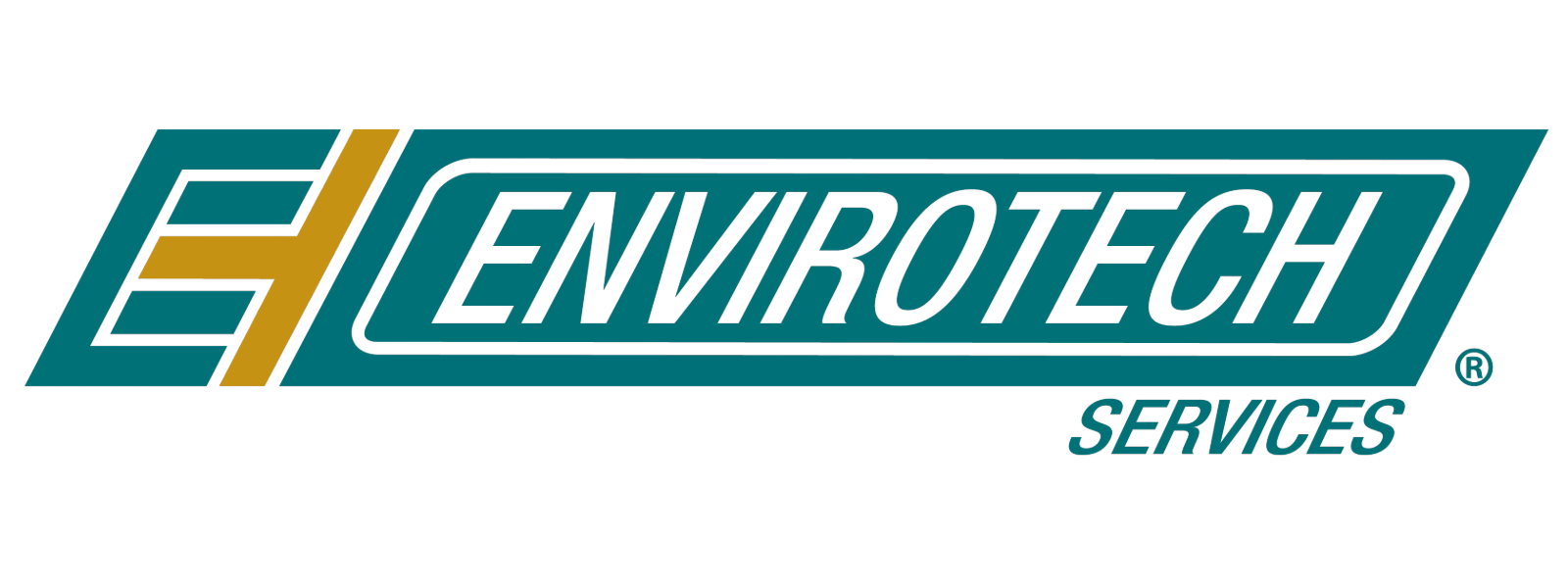Knowing how much deicer to use is one of the most important skills a snow fighting crew can have. There are a lot of dynamic factors of the road that determine how much to use, so let’s go over some basic guidelines.
Deicer Application Rates Matter
Every day and storm are different, so fine tuning application rates should be an ongoing process. Using the right amount of deicer gives you optimal performance, savings, and a cleaner roadside environment.
Performance
Deicer products have a performance range in which they create brine to melt ice and snow. This brine is a chemical solution containing: a solute (solid deicer) dissolved in a solvent (water).
- Weak solutions trigger a refreeze: not enough solute, too much solvent
- Over saturated solutions also trigger a refreeze: too much solute falls out of solution
Knowing the eutectic temperatures of your chosen product will help you find its peak performance range.
Economy
Paying careful attention to deicer application rates protects your budget in a lot of ways.
- Prevents product waste and over application
- Reduces the need for additional passes: lower fuel costs, less wear and tear on vehicles, etc.
- Improves your ability to manage stockpiles: helps you plan out your season more efficiently to avoid rush and emergency ordering and keep your crews running
Teams typically purchase products by looking at cost per ton. However, the metrics of cost per storm or cost per lane mile more accurately reflect the value of a deicing product. After a storm, evaluate how many lane miles you reached to see if either your purchase choices or your application rates need to be adjusted.
Environment
Everything applied to road surfaces enters the environment to some extent. However, balancing public safety with environmental responsibility while maintaining winter roads is possible. It is important to remember:
- Overapplying deicer increases the amount of chlorides running off into the soil and attracts more grazing animals to the roadside.
- Over and underapplying deicer can trigger refreezing and cause accidents which are also harmful to the environment
How to Use the Right Amount of Deicer
Responsible deicer application starts with a baseline average rate that can be adjusted based on a storm and traffic conditions.
Calibrate Equipment
Calibrating spreading equipment disperses deicer evenly and at the preferred rate per lane mile.
- Click here for our calibrating tutorial
Check calibration regularly so you don’t waste valuable product.
Follow Supplier Recommendations
Check your deicer supplier’s recommended application rates and remember that further fine tuning is needed.
Ice Slicer® application rates typically start around 150-200 pounds per lane mile, but should be increased or decreased as needed.
When To Increase Deicer Application
Deicer application rates can be increased under the following conditions:
- During times of heavy traffic flow: According to the Minnesota Department of Transportation "brine is spread more by traffic spray and snowplow throw than by storm runoff." Normal vehicle traffic can initially help break down ice and snow and help with the brining process, but does reach a point of diminishing returns as brine is wicked away more quickly under heavier traffic
- Lower temperatures
- Higher precipitation
- When road surfaces still have stubborn, leftover ice and bare pavement has not been achieved
When to Decrease Deicer Application
Deicer application rates can be decreased under the following conditions:
- During times of very light traffic flow
- Higher temperatures
- Lower precipitation
- A lot of excess product is left on road surface after bare pavement has been achieved
More Snowfighting Tools From EnviroTech Services
We are proud to partner with road management teams across the country to keep drivers safe all winter long. In addition to offering Ice Slicer®, we also provide other tools for success to help snowfighters get the job done.
Click on the links below for more resources for your shed:

